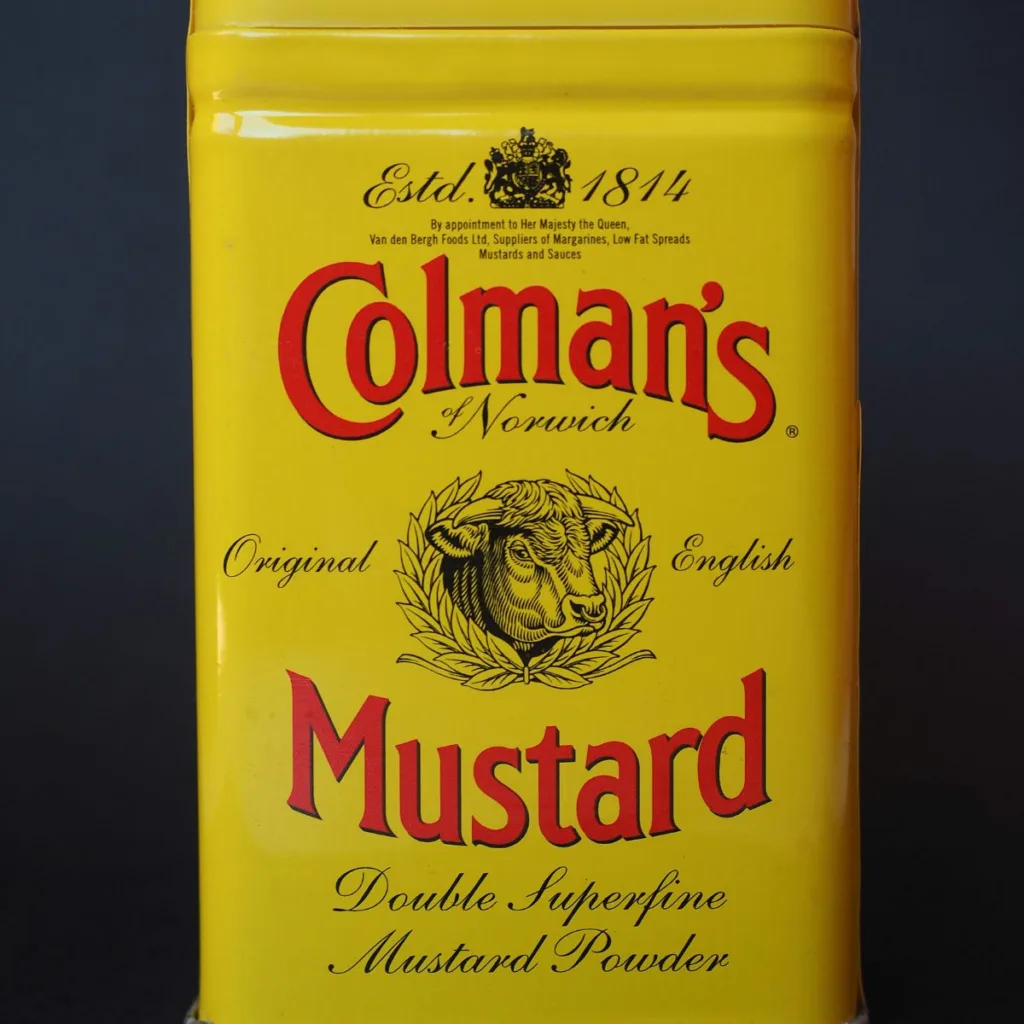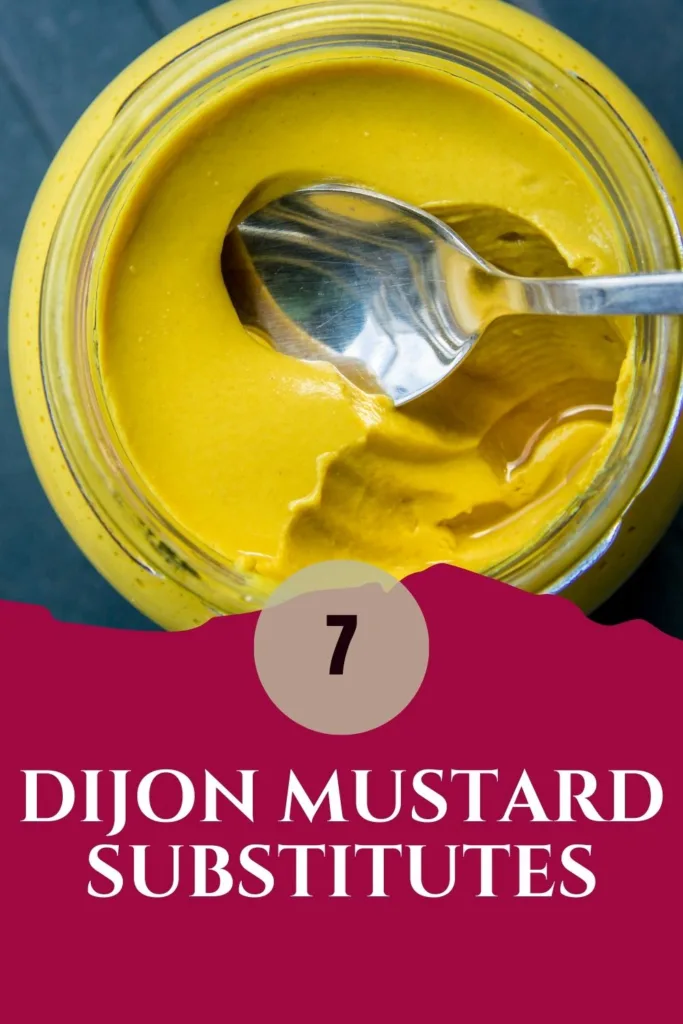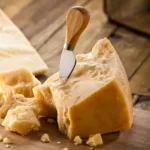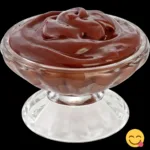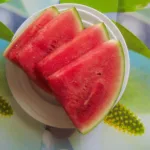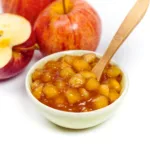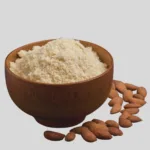Discovering the ideal Dijon Mustard Substitute can be crucial for those moments when your pantry falls short. This guide introduces 7 alternatives that promise to seamlessly blend into your recipes, ensuring your culinary creations remain as flavorful as ever.
What is Dijon Mustard?
Dijon mustard, originating from the city of Dijon in Burgundy, France, is a sophisticated and versatile condiment that has graced kitchens and dining tables for centuries. Characterized by its creamy consistency and a sharp, tangy flavor, it’s made primarily from brown mustard seeds and white wine or a mix of water, vinegar, and sometimes other liquids. This mustard variant stands out for its smooth texture and a distinct sharpness that’s less acidic but more spicy compared to its yellow mustard counterpart. Its unique flavor profile makes Dijon mustard not only a popular sandwich spread but also a favored ingredient in various sauces, dressings, and marinades, adding depth and complexity to numerous dishes.
Dijon Mustard vs Regular Mustard
The primary difference between Dijon mustard and regular (often referred to as American yellow) mustard lies in their ingredients and flavor profiles. Regular mustard, typically brighter in color, is made with yellow mustard seeds and turmeric, contributing to its vivid hue and milder taste. It has a more pronounced vinegar tang and a less spicy undertone, making it a go-to condiment for classic American dishes like hot dogs and burgers. Dijon mustard, on the other hand, uses a combination of brown mustard seeds and white wine, giving it a creamier texture and a more intense, sharp flavor with greater heat. This complex taste profile of Dijon mustard lends itself well to more sophisticated and varied culinary applications, from creamy dressings to robust meat marinades.
Substitutes For Dijon Mustard
1. Stone-Ground Mustard
The dark bits in stone-ground mustard are broken brown mustard seeds. Dijon mustard, too, is made with brown seeds but with a finer grind.
So, you can expect a close flavor profile, albeit with a milder heat level. After all, the mustard seeds that aren’t fully ground don’t release their heat well.
Works Best For
Much like Dijon, stone-ground mustard works nicely for vinaigrettes and dressings as long as you don’t mind altering the texture a bit.
On the other hand, the coarse texture pairs particularly well with rich meats, so you can easily swap the two mustard varieties in a wet rub. Stone-ground mustard will also work for beef-based sandwiches.
Substitution Ratio
Although stone-ground mustard is milder, you can still use a 1:1 substitution ratio, and the flavor profile won’t be affected all that much.
2. Yellow Mustard
Unlike Dijon and the stone-ground varieties, yellow mustard isn’t made with brown seeds but rather with yellow ones.
But the color isn’t the only difference here. Yellow mustard leans towards the sweet side. It’s still acidic enough to mimic Dijon’s flavor, though.
Works Best For
Yellow mustard comes through whenever you need a creamy, smooth sauce. Think potato salad or a dipping sauce for wings.
It’s also a good idea to use yellow mustard if you’re not used to the bold flavors of Dijon.
That said, we don’t recommend going for yellow mustard in a vinaigrette recipe that originally calls for Dijon. The average yellow mustard isn’t as mucilage-rich, so it won’t do a good job of emulsifying and stabilizing the vinaigrette.
Substitution Ratio
You can use yellow mustard as a 1:1 substitution. But if you find it too tame, try adding a tiny bit of horseradish or wasabi.
3. Spicy Brown Mustard
Despite not being fully ground, brown mustard packs a lot of heat. It’s also tangier, more flavorful, and sometimes even darker than Dijon. That’s mainly because a lot of vinegar and spices are involved in making the typical brown mustard recipe.
Works Best For
With an earth flavor profile, spicy brown mustard works best with rich, salty meats. We’d use it for recipes with leftover shredded chicken with a smear of mayo to tone the heat down.
It still works as a substitute for lighter recipes, like dipping sauces for pretzels. The coarse texture is going to be a plus here!
Substitution Ratio
The ratio depends on how much heat you can handle. It’s definitely okay to go for a 1:1 substitution if you don’t mind a bolder taste.
However, a 1:2 (half a cup for each cup of Dijon) is going to be a better match, intensity-wise.
4. Hot English Mustard
English mustard is usually a blend of brown and yellow mustard seeds but with little to no vinegar. For reference, vinegar’s acidity holds back the heat. So, when you cut it out of the recipe, you end up with intense heat.
You might have bottled English mustard, though. It’s sometimes sold as a dry powder, and you’ll have to reconstitute it with cold water until the consistency is where you want it to be.
Works Best For
If you need to glaze meat, hot English mustard will work just fine. It might even work better than Dijon for strong cheeses or hearty salads. After all, its flavor profile isn’t easy to overshadow!
Substitution Ratio
For glazes, go for a 1:1 ratio. But you might be better off using less hot English mustard for other recipes. Start with a 1:2 ratio and make your way up from there.
5. Wasabi
Compared to the alternatives we’ve looked at so far, wasabi doesn’t seem like as close of a match to Dijon mustard. However, it does belong to the same family and will deliver the sort of tingle to the nasal cavity you expect with mustards.
Works Best For
Obviously, wasabi pairs well with raw-fish-based dishes, but it’s good for more than just that.
If you have a green leaf salad dressing recipe that calls for Dijon mustard, try using wasabi instead. This swap will work particularly well if the dressing contains a bit of mayonnaise, vinegar, and oil. All these ingredients will help “mask” the differences between wasabi and Dijon.
Substitution Ratio
Some folks recommend using the two condiments interchangeably in a 1:1 ratio, but we find it a bit much. Remember that wasabi packs a lot of heat!
Realistically, a third of a teaspoon of wasabi should be enough to replace a full tablespoon of mustard.
6. Dry Mustard
You likely have some yellow mustard powder in your pantry right now, and it could work as a replacement for Dijon in a pinch.
In fact, it’s possible to use it to create a mock Dijon mustard using some vinegar, water, and mayonnaise. Of course, it won’t carry the same rich kick, but its clean flavor and aroma should be close enough for many recipes.
Works Best For
As long as the change in texture (dry vs. wet) won’t matter, you can opt for the dry powder instead of Dijon—or classic yellow mustard, for that matter.
You can get away with using the powder for marinades, dips, and dressings.
Substitution Ratio
If you’re using the powder as-is, add one teaspoon of ground mustard for every tablespoon of Dijon.
But if you’re using the dry mustard to make a Dijon-like paste, you’ll need to mix one tablespoon of the powder with a teaspoon of water, a teaspoon of white vinegar, and a tablespoon of plain mayonnaise. A pinch of sugar won’t hurt, either.
7. Worcestershire Sauce
Much like Dijon, Worcestershire can add a tangy, bold twist. But, consistency-wise, it’s not the best match at all.
Works Best For
Both condiments can be used to give a flavor punch to sauces in hearty, meaty dishes.
Beef stroganoff, tri tip, and Murphy chicken are all forgiving recipes that can work with Worcestershire sauce instead of Dijon.
Substitution Ratio
For most cases, it’s okay to use a 1:1 ratio. But some people prefer using more Worcestershire sauce, going for a full tablespoon for each teaspoon of mustard. In this case, you might need to mix the sauce with a creamy ingredient, like sour cream or yogurt, to balance the consistency.
In cooking, versatility and adaptability are key, and finding the right Dijon Mustard Substitute can save the day when your pantry is lacking. With these 7 alternatives, you’re well-equipped to maintain the depth and zest in your dishes, ensuring that a missing ingredient never compromises the quality of your meals. Whether you opt for a tangy Greek yogurt or a robust horseradish, remember that the perfect Dijon Mustard Substitute is always within reach to elevate your culinary endeavors.





